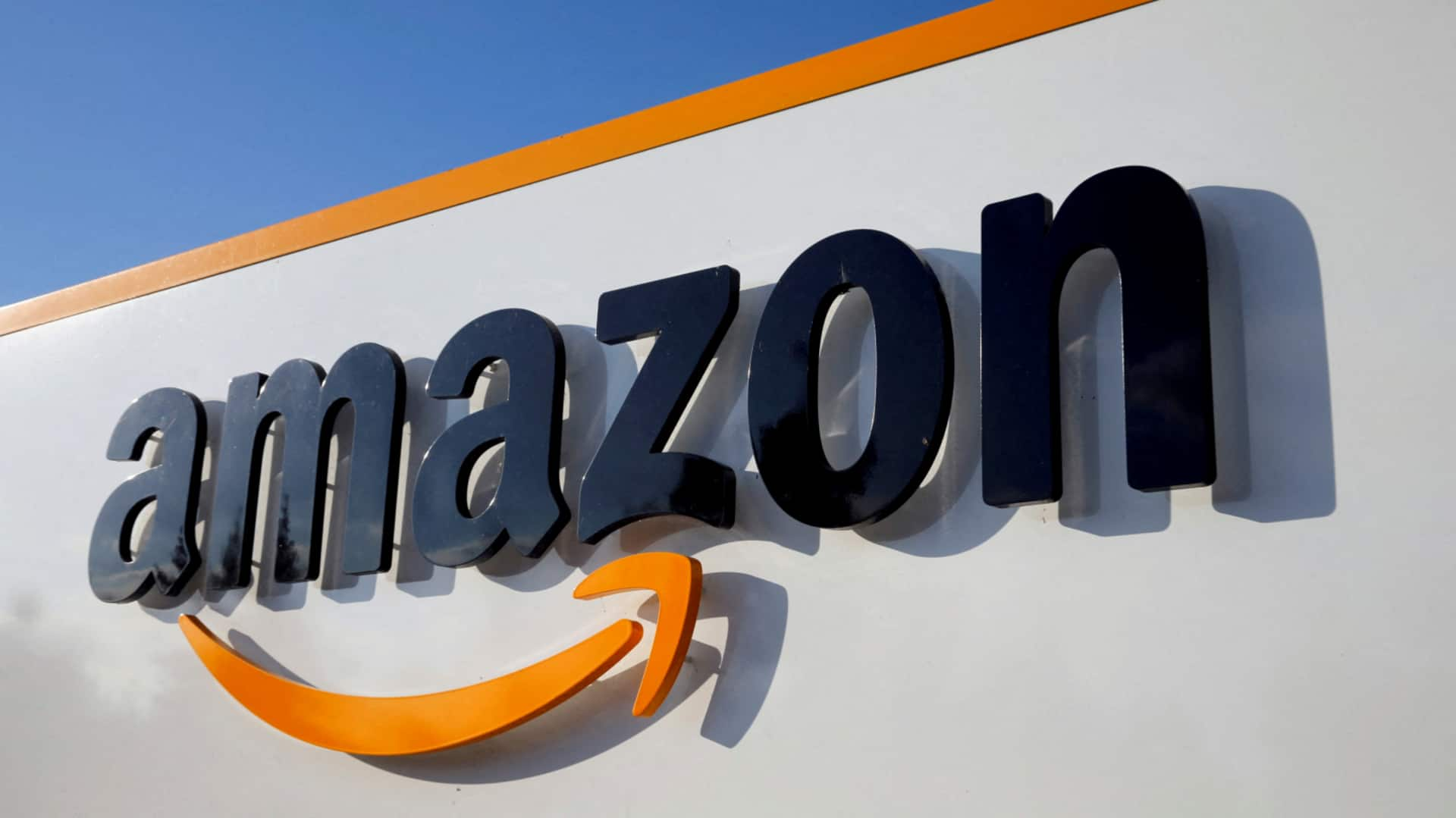
Amazon discontinues 4-year-long project to develop fertility tracker
What's the story
Amazon has killed a secret project to build a home-based fertility tracker, according to CNBC. The effort, dubbed "Encore," had been in the works for four years at Amazon's Grand Challenge or Special Projects division. The tech giant informed the team working on this project about its dissolution in October, internal documents and sources have revealed.
Cost reduction
Cost-cutting measures impact project Encore
The end of Project Encore falls under Amazon CEO Andy Jassy's wider cost-cutting strategy. Since late-2022, Jassy has been taking steps to cut costs amid inflation and rising interest rates affecting the tech and consumer sectors. This strategy has resulted in over 27,000 job cuts and the end of several projects including a sidewalk robot, a telehealth service, and a rapid delivery service.
Strategic shift
Jassy's approach contrasts with Bezos's experimental mindset
Jassy's cost-cutting approach is a stark departure from the strategy of Amazon founder Jeff Bezos, who was known for greenlighting experimental projects and giving employees years to develop them. Bezos launched the Grand Challenge in 2014 as a platform for Amazon to experiment with riskier projects. It was a hallmark of the era. However, under Jassy's leadership, several Grand Challenge projects have been discontinued.
Project termination
Layoffs and project discontinuation
On October 28, employees working on the fertility tracker project were told over a videoconference that the project was being killed. The layoff notice was signed by Doug Weibel, who took over Grand Challenge after its founding leader Babak Parviz left in 2022. Amazon spokesperson Margaret Callahan confirmed the layoffs and the project to CNBC. About 100 employees will be terminated due to this.
History
Amazon's fertility tracker project: A look back
The fertility tracker project was started after Amazon acquired Wisconsin-based startup bluDiagnostics in 2020. The start-up, founded in 2015, had developed a thermometer-like device, called FertilityFinder, to help women monitor their fertility at home by testing their saliva and measuring two key hormones. The team was developing its own saliva collection device and mobile app, which could predict a user's fertile window and log other relevant data.
Challenges
Technical challenges and high costs led to termination
Amazon's fertility tracker was originally scheduled to launch this year, but technical problems with the device pushed its release. The project was costly, needing significant upfront investment for lab research and development, along with high salaries for scientists and engineers. CNBC's sources claimed the team's weekly overhead was around $1.5 million (roughly ₹11 crore).